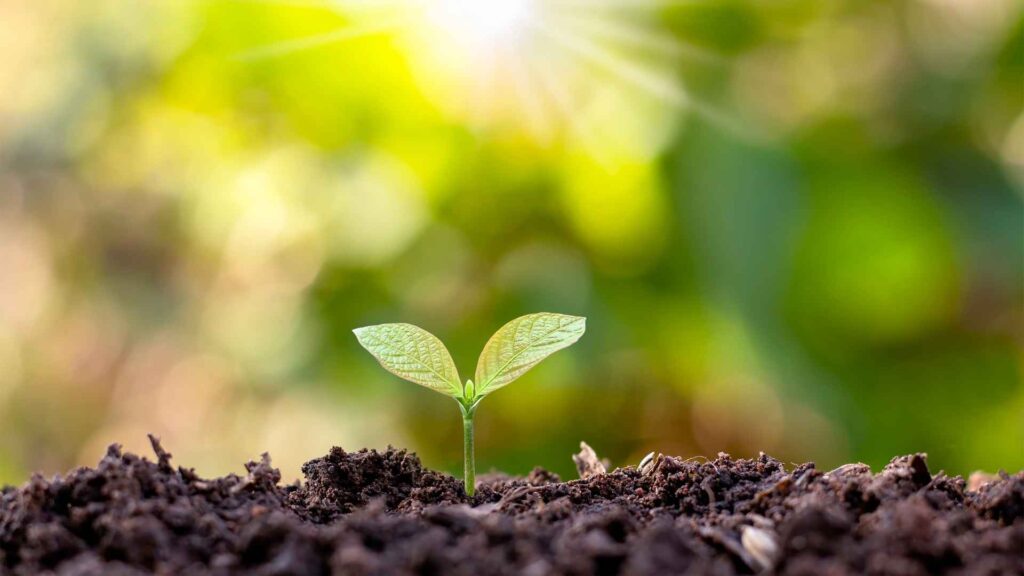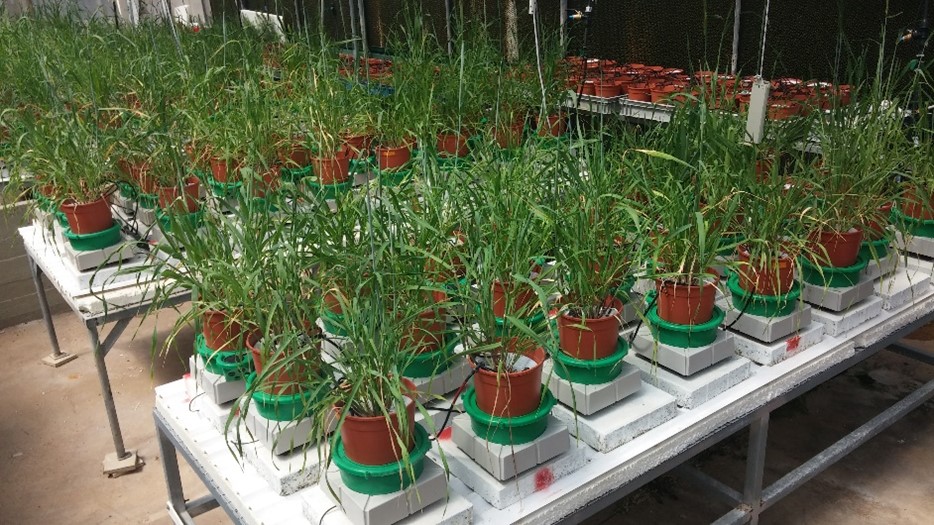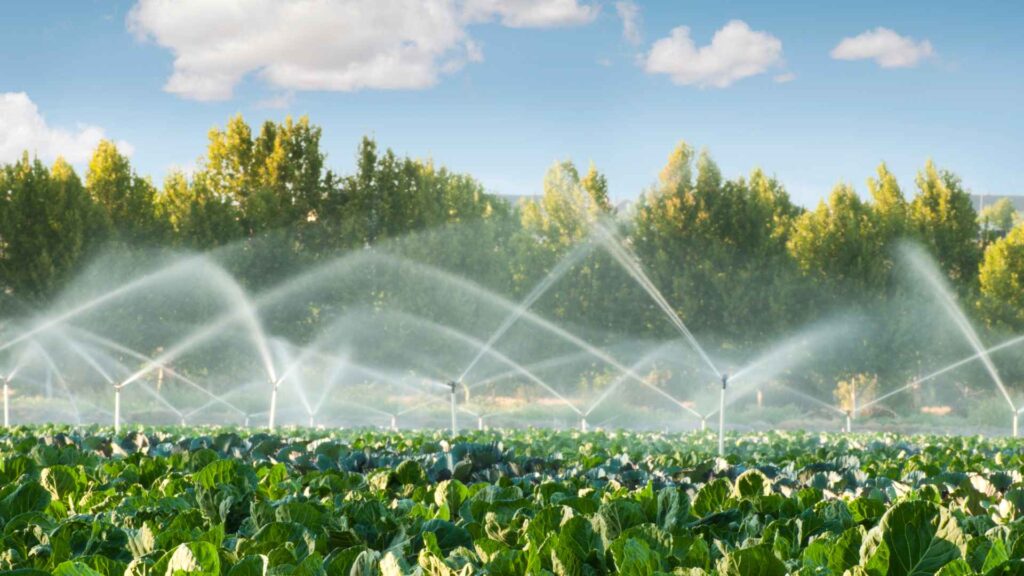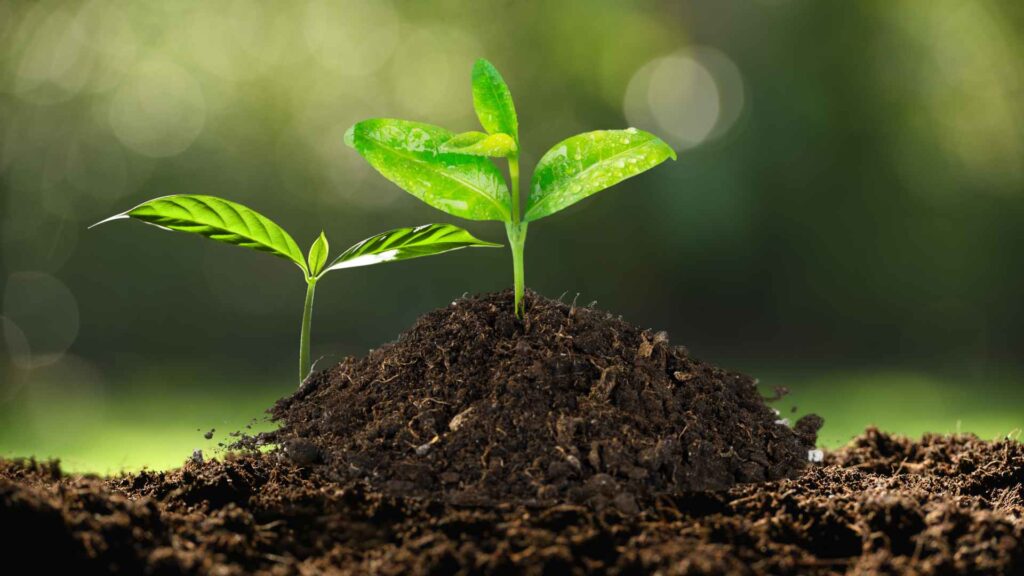Plant Morphology

Plant morphology is the study of the physical form and structure of plants. It encompasses the observation, description, and analysis of the external and internal features of plants, from their overall shape to the intricate details of their leaves, stems, flowers, and roots. Understanding plant morphology is crucial for a wide range of disciplines, including […]
Plant Traits

What are the plant traits? Plant traits are observable and measurable characteristics of plants that reflect their functionality, ecological strategies, and interactions with the environment. These traits can be categorized into three primary domains: morphological traits (e.g., leaf size, root length), physiological traits (e.g., photosynthesis rate, water-use efficiency), and phenological traits (e.g., flowering time, fruiting […]
Plant Screening System

As global challenges like food security, climate change, and resource conservation continue to grow, plant screening systems have become indispensable tools in agriculture and plant research. These systems facilitate the identification of high-performing plant genotypes, enabling researchers and breeders to optimize crops for better yield, stress resistance, and resource efficiency. Modern plant screening systems integrate […]
Phenotypic Trait Mapping

Understanding how plants express specific traits under varying genetic and environmental conditions is essential for improving crop performance. Phenotypic trait mapping allows researchers and breeders to link observable plant characteristics with underlying genetic markers, helping to identify the traits that matter most for yield, stress tolerance, and quality. When integrated with advanced phenotyping tools like […]
Salinity Stress in Plants

Abiotic stress in plants refers to the adverse effects caused by non-living environmental factors on their growth, development, and overall well-being. Unlike biotic stresses that arise from living organisms like pests and diseases, abiotic stresses result from various physical and chemical factors present in the plant’s surroundings. These stresses can severely impact plant health, productivity, […]
Plant Monitoring Systems

Plant monitoring systems are integral to modern agriculture, providing essential data to optimize crop production, manage resources efficiently, and ensure sustainable farming practices. These systems employ advanced technologies to track various parameters such as transpiration, temperature, humidity and others. By integrating data from multiple sensors, plant monitoring systems offer a holistic view of plant health […]
Plant Genomics

Plant genomics, the study of the complete genetic makeup of plants, is a transformative field in modern biology and agriculture. By analyzing plant genomes, researchers can uncover the genetic basis of traits like growth, stress resistance, and productivity. This knowledge drives advancements in crop breeding, genetic engineering, and sustainable agriculture. However, understanding how these genetic […]
